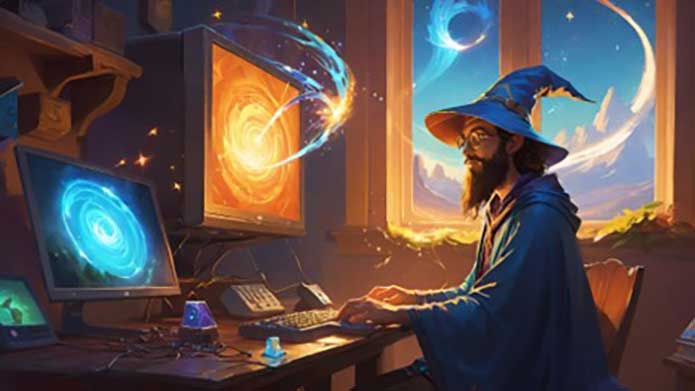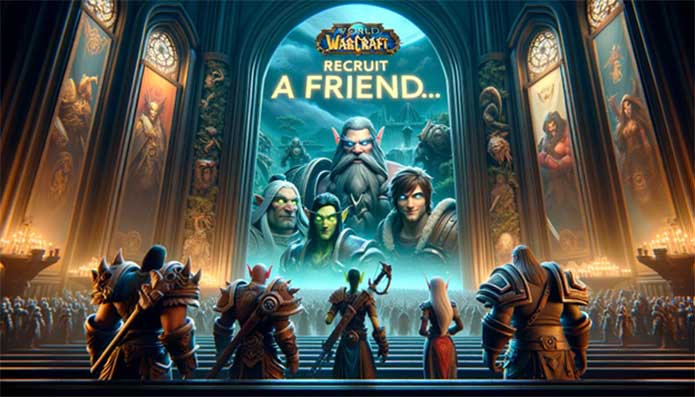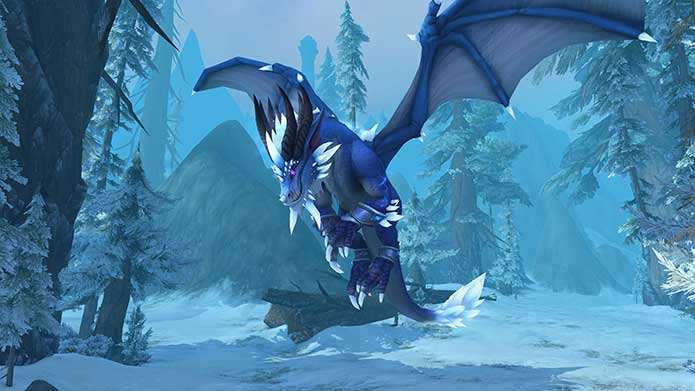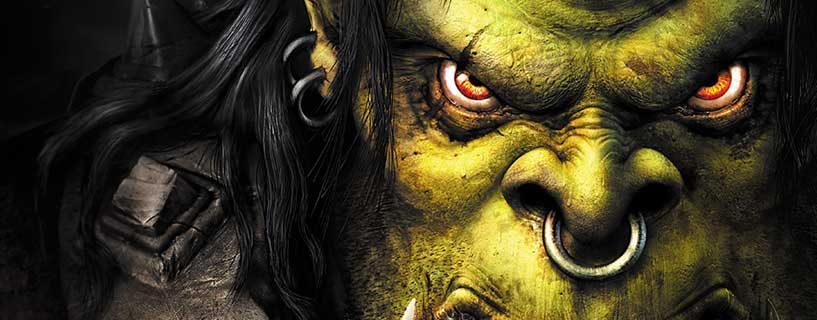In the realm of online gaming, few titles command as much reverence as World of Warcraft (WoW). Since its debut in 2004, World of Warcraft’s impact on the gaming industry has been undeniable, influencing everything from gameplay mechanics to monetization models. The game has become a cultural phenomenon that has redefined how the gaming hobby and the fantasy genre are viewed. Let’s delve into how WoW has captivated millions worldwide and the role it played in bringing fantasy gaming into the mainstream.
From Niche to Mainstream: The Rise of Fantasy Gaming
 Before WoW, the fantasy genre was a niche interest, primarily consisting of tabletop role-playing enthusiasts, dedicated gamers, and aficionados of fantasy literature. But when WoW’s immersive world-building, captivating lore, and accessible gameplay mechanics introduced millions of players to the fantastical realm of Azeroth, everything began to change. Today the fantasy trappings of WoW are now finding a home in the most unlikely of places.
Before WoW, the fantasy genre was a niche interest, primarily consisting of tabletop role-playing enthusiasts, dedicated gamers, and aficionados of fantasy literature. But when WoW’s immersive world-building, captivating lore, and accessible gameplay mechanics introduced millions of players to the fantastical realm of Azeroth, everything began to change. Today the fantasy trappings of WoW are now finding a home in the most unlikely of places.
If you were to look up a list of the fastest payout online casinos, chances are at least a handful of the slot games they offer will feature elements that feel right at home in Azeroth, Middle Earth, or the Forgotten Realms. While it might seem like an unlikely marriage, the combination of fantasy and casino elements is intoxicating for gamers who like an element of wonder, wizardry, and whimsy in their games of chance.
Community Building & Technological Advancements
 In an era where multiplayer gaming was predominantly competitive, WoW demonstrated the power of cooperation and collaboration in virtual worlds. WoW’s immersive world-building, compelling lore, and cooperative gameplay demonstrated the potential for online gaming as a platform for meaningful interaction and entertainment. Azeroth’s expansive world encouraged players to form alliances, join guilds, and embark on adventures together. The world of Azeroth demanded incredibly powerful hardware to support its expansive world and player base. To bring Azeroth to life Blizzard Entertainment spearheaded advancements in computer graphics, networking infrastructure, and server technology. The scalability and stability required to accommodate millions of players blazed a trail for future online worlds and offline RPGs.
In an era where multiplayer gaming was predominantly competitive, WoW demonstrated the power of cooperation and collaboration in virtual worlds. WoW’s immersive world-building, compelling lore, and cooperative gameplay demonstrated the potential for online gaming as a platform for meaningful interaction and entertainment. Azeroth’s expansive world encouraged players to form alliances, join guilds, and embark on adventures together. The world of Azeroth demanded incredibly powerful hardware to support its expansive world and player base. To bring Azeroth to life Blizzard Entertainment spearheaded advancements in computer graphics, networking infrastructure, and server technology. The scalability and stability required to accommodate millions of players blazed a trail for future online worlds and offline RPGs.
Legitimizing Gaming as a Hobby
 By amassing the largest fanbase ever seen at the time WoW redefined the perceptions of gaming as a hobby. Before WoW, gaming was often dismissed as a niche pastime for adolescents and social outcasts. WoW’s monumental success challenged this view, showcasing that a hobby with a veritable army of fans is anything but niche. WoW forged bonds of camaraderie among its players, transforming gaming from a guilty pleasure into a respected pastime that fosters social connections, critical thinking, and creative expression. This cultural shift had a profound positive impact on the entire gaming industry, elevating the popularity, success, and quality of games of all genres.
By amassing the largest fanbase ever seen at the time WoW redefined the perceptions of gaming as a hobby. Before WoW, gaming was often dismissed as a niche pastime for adolescents and social outcasts. WoW’s monumental success challenged this view, showcasing that a hobby with a veritable army of fans is anything but niche. WoW forged bonds of camaraderie among its players, transforming gaming from a guilty pleasure into a respected pastime that fosters social connections, critical thinking, and creative expression. This cultural shift had a profound positive impact on the entire gaming industry, elevating the popularity, success, and quality of games of all genres.
An Epic Legacy: The Adventure Continues
 The shifting perception of gaming has catalyzed positive changes across the gaming industry. Again, consider casino games, once synonymous with vice and excess, now enjoying a more favorable reputation in an era where gaming is embraced as mainstream entertainment. Furthermore, WoW’s influence extends beyond digital realms to the resurgence of tabletop role-playing games like Dungeons & Dragons (D&D). Thanks to WoW’s accessibility and appeal, the intricate systems of games like D&D have become more approachable to new audiences. It’s no secret that WoW itself drew inspiration from the mechanics of D&D, and the fact that WoW’s success has breathed new life into the very game that inspired it underscores the interconnectedness of the gaming industry. As we continue to immerse ourselves in virtual worlds, WoW’s enduring legacy will continue to shape gaming and entertainment for years to come. Two decades since its inception, WoW remains an indispensable cornerstone of the industry, inspiring developers and captivating players worldwide.
The shifting perception of gaming has catalyzed positive changes across the gaming industry. Again, consider casino games, once synonymous with vice and excess, now enjoying a more favorable reputation in an era where gaming is embraced as mainstream entertainment. Furthermore, WoW’s influence extends beyond digital realms to the resurgence of tabletop role-playing games like Dungeons & Dragons (D&D). Thanks to WoW’s accessibility and appeal, the intricate systems of games like D&D have become more approachable to new audiences. It’s no secret that WoW itself drew inspiration from the mechanics of D&D, and the fact that WoW’s success has breathed new life into the very game that inspired it underscores the interconnectedness of the gaming industry. As we continue to immerse ourselves in virtual worlds, WoW’s enduring legacy will continue to shape gaming and entertainment for years to come. Two decades since its inception, WoW remains an indispensable cornerstone of the industry, inspiring developers and captivating players worldwide.


 by Symphonie
by Symphonie